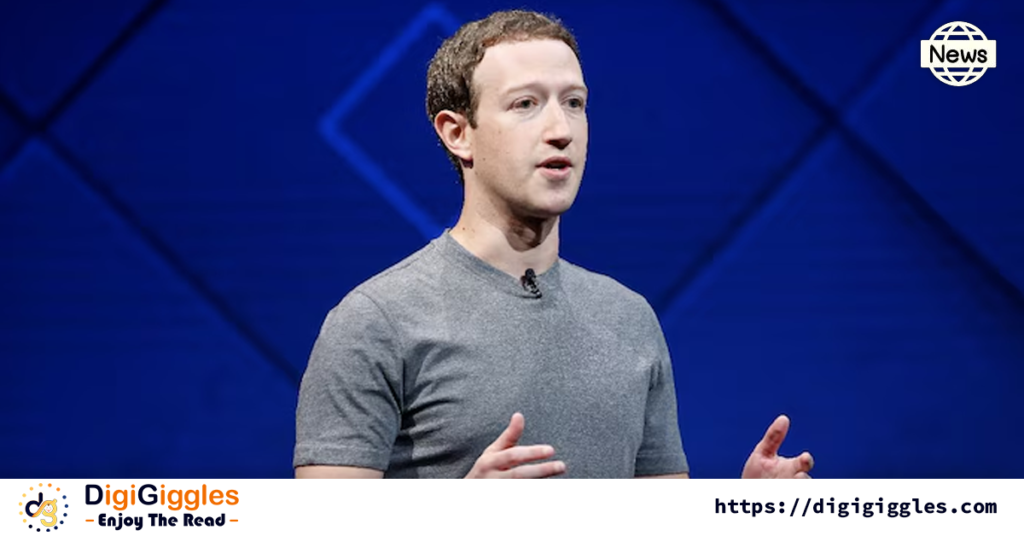
In a recent statement, Facebook CEO Mark Zuckerberg provided reassurance regarding the current state of artificial intelligence (AI), suggesting that while advancements are being made, the technology does not pose an existential risk. Zuckerberg’s remarks come amidst ongoing debates surrounding the potential implications of AI on society and the future of humanity. Zuckerberg emphasized that while AI has shown remarkable progress in recent years, particularly in areas such as natural language processing and image recognition, it still falls short of reaching a level where it could pose a significant threat to humanity’s existence. His stance aligns with many experts in the field who argue that while AI has the potential to bring about transformative changes, concerns about its existential risk are premature.
The Facebook CEO’s comments echo sentiments expressed by other prominent figures in the tech industry, including Elon Musk and Bill Gates, who have both warned about the potential dangers of unchecked AI development. However, Zuckerberg’s perspective suggests a more optimistic outlook, emphasizing the need for responsible AI development rather than fear-mongering. While acknowledging the importance of addressing ethical concerns surrounding AI, Zuckerberg also highlighted the numerous benefits that the technology can bring to society. From improving healthcare and education to enhancing efficiency in various industries, AI holds immense potential for positive impact when developed and deployed responsibly.
Despite his optimism, Zuckerberg did raise several key concerns regarding the future of AI. One such concern is the need to ensure that AI systems are developed in a transparent and accountable manner. He emphasized the importance of building AI models that are explainable and understandable to humans, thereby mitigating the risks of unintended consequences.
Moreover, Zuckerberg stressed the significance of addressing issues related to bias and fairness in AI algorithms. As AI becomes increasingly integrated into various aspects of daily life, ensuring that these systems are free from biases and discrimination is crucial to maintaining trust and fairness in society. Mark Zuckerberg’s remarks provide a balanced perspective on the current state and future potential of artificial intelligence. While acknowledging its advancements, he asserts that AI does not yet pose an existential threat to humanity. However, he also emphasizes the importance of addressing key ethical concerns and ensuring the responsible development and deployment of AI technology moving forward.